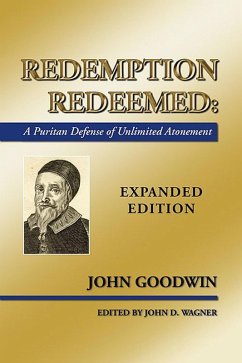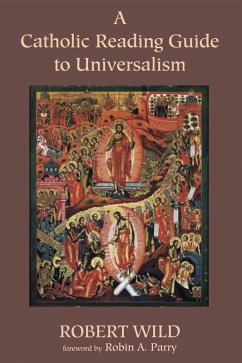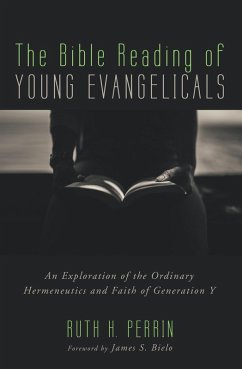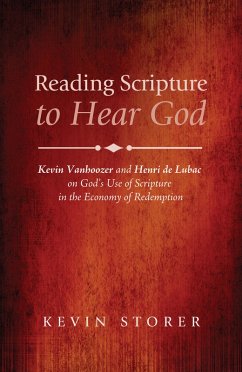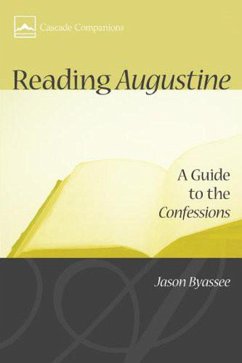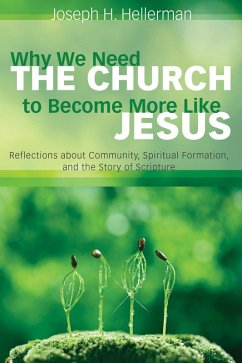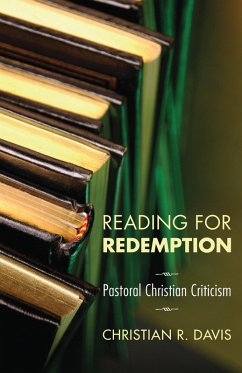
Reading for Redemption (eBook, ePUB)
Practical Christian Criticism
Versandkostenfrei!
Sofort per Download lieferbar
9,95 €
inkl. MwSt.
Weitere Ausgaben:

PAYBACK Punkte
5 °P sammeln!
The goal of this book is to define and explain the archetypal pattern of redemption that underlies our whole notion of resolution in literature and to demonstrate, through multiple examples, that successful literature--poems and stories that have shown endurance or popularity--uses this pattern in specific ways. This theory should help readers to interpret both particular works of literature and the general notion of literature. The pattern of redemption employed here, in its ideal form, involves the sacrifice of an innocent redeemer to save something that has been lost. Because this pattern o...
The goal of this book is to define and explain the archetypal pattern of redemption that underlies our whole notion of resolution in literature and to demonstrate, through multiple examples, that successful literature--poems and stories that have shown endurance or popularity--uses this pattern in specific ways. This theory should help readers to interpret both particular works of literature and the general notion of literature. The pattern of redemption employed here, in its ideal form, involves the sacrifice of an innocent redeemer to save something that has been lost. Because this pattern of redemption is typically associated with Christianity, this book can be taken as proposing a Christian theory of criticism. Current textbooks on literary criticism and theory cover a range of perspectives, such as Marxism, feminism, multiculturalism, reader response, and queer theory, but they invariably ignore the field of Christian criticism. Therefore, this book may be most useful as a supplementary text for courses in literary criticism that might include a Christian perspective. At the same time, however, the terms and methodology proposed here are not exclusive to or dependant on Christian beliefs, so readers of all types may find this approach useful. The greatest strength of this book is its application of the theory to numerous examples from a wide range of genres and periods of literature, testing the theory on classical and Shakespearean works such as the Iliad and Odyssey, Hamlet and Coriolanus; best sellers such as The Lord of the Rings, Le Petit Prince, Valley of the Dolls, and Harry Potter and the Deathly Hallows; horror stories such as Frankenstein; postcolonial novels such as Things Fall Apart and The Kite Runner; and lyric poems. Consequently, even readers who are skeptical of the assumptions used here should find the many concrete examples thought-provoking.
Dieser Download kann aus rechtlichen Gründen nur mit Rechnungsadresse in A, D ausgeliefert werden.





